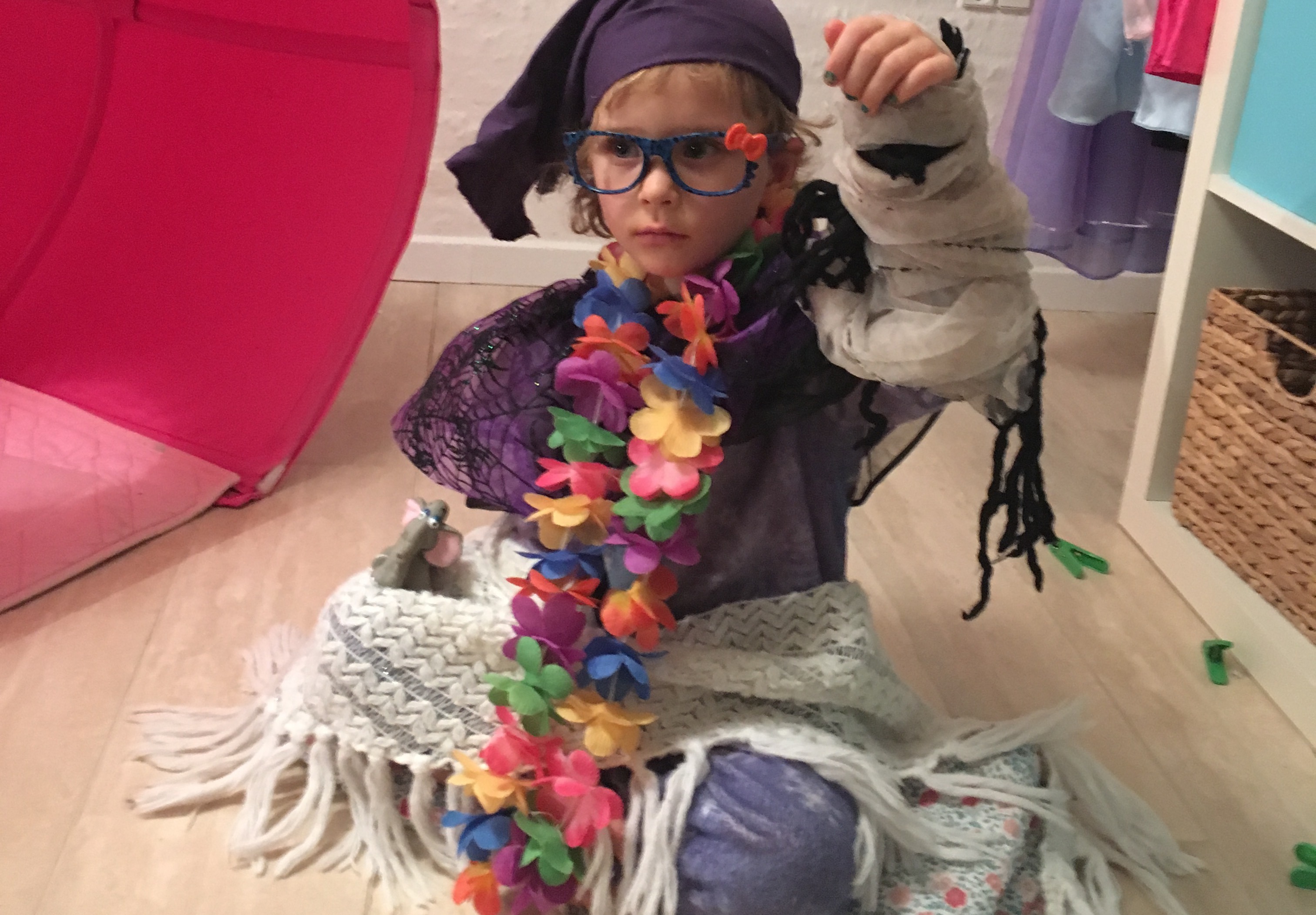Task 19 - Family Poetics

Alan writes:
I wanted to start with some appreciative remarks about the film you made in response to Task 17. Because we were so busy with other things, that task could have been a bit of a stop-gap, but I think you very effectively distilled the key aspect of the long conversation we had with Mette to eleven or so minutes. And you did this, as you point out, by focusing not on the content of the conversation, but on our relationship, as expressed through gestures, looks and our reactions to each other, and through equal ‘talk time’. I was just going to write that this is not self-centred, inward-looking, couple narcissism… but maybe it is! That is, ‘couple therapy’ is one of the project’s proximate modes, so I’m not going to disavow it. The point is the one made by Hector Rodriguez in an article on The Five Obstructions (2003), a film-record of an undertaking with several analogies to our project. Rodriguez asks ‘whether generative or constraint-based artworks must always comprise tightly closed formal systems, or whether (and how) formal constraints can also open up the work to the life that is lived while making it’. The tasks we set for each other, and the constraints and parameters that format the responses to those tasks, help to access aspects of life (our life together) that might otherwise remain obscure. This was a point I made at the talk I gave (mentioning the project) at Aarhus University last week, and I’m going to write it up on this website, shortly, so I won’t say any more about it here. But this week’s task is motivated by Rodriguez’s question/insight.
Given...
- One of our concerns in this project is to find a way to know, to navigate and negotiate each other poetics, defined as the set of values, tastes and procedures according to which we make our work (be that artistic or academic work). At some point, when we collaborate on a ‘piece’ (a film, a performance, some writing), we will have to find a shared space of poetics (something like that) from which to produce the joint work.
- For me, a gratifying motif in this project has been the possibility of involving those around us in the response to the tasks: Erin Pickles, Mette Terp Høybye... and our daughter Lisa.
…here is your task:
- Suggest an answer to the question: what are the distinct poetics (the distinct sets of values, tastes and procedures according to which we make our work) of the three individuals in our nuclear family — yours, mine and Lisa’s? Find a way to represent these individual poetics — perhaps an example of a piece of work (a drawing, a record of a performance, a piece of writing etc.) — and explain how/why what you have chosen or reported exemplifies that individual’s ethos and approach.
- I also want you to suggest an answer to a second question: does our family have a family poetics, a set of values, tastes and procedures that we share in ‘creative family activity’ and that goes beyond any differences in our individual poetics? Again, if the answer is yes, find a way to represent this family poetics and explain how/why what you have chosen or reported exemplifies our shared ethos and approach.
